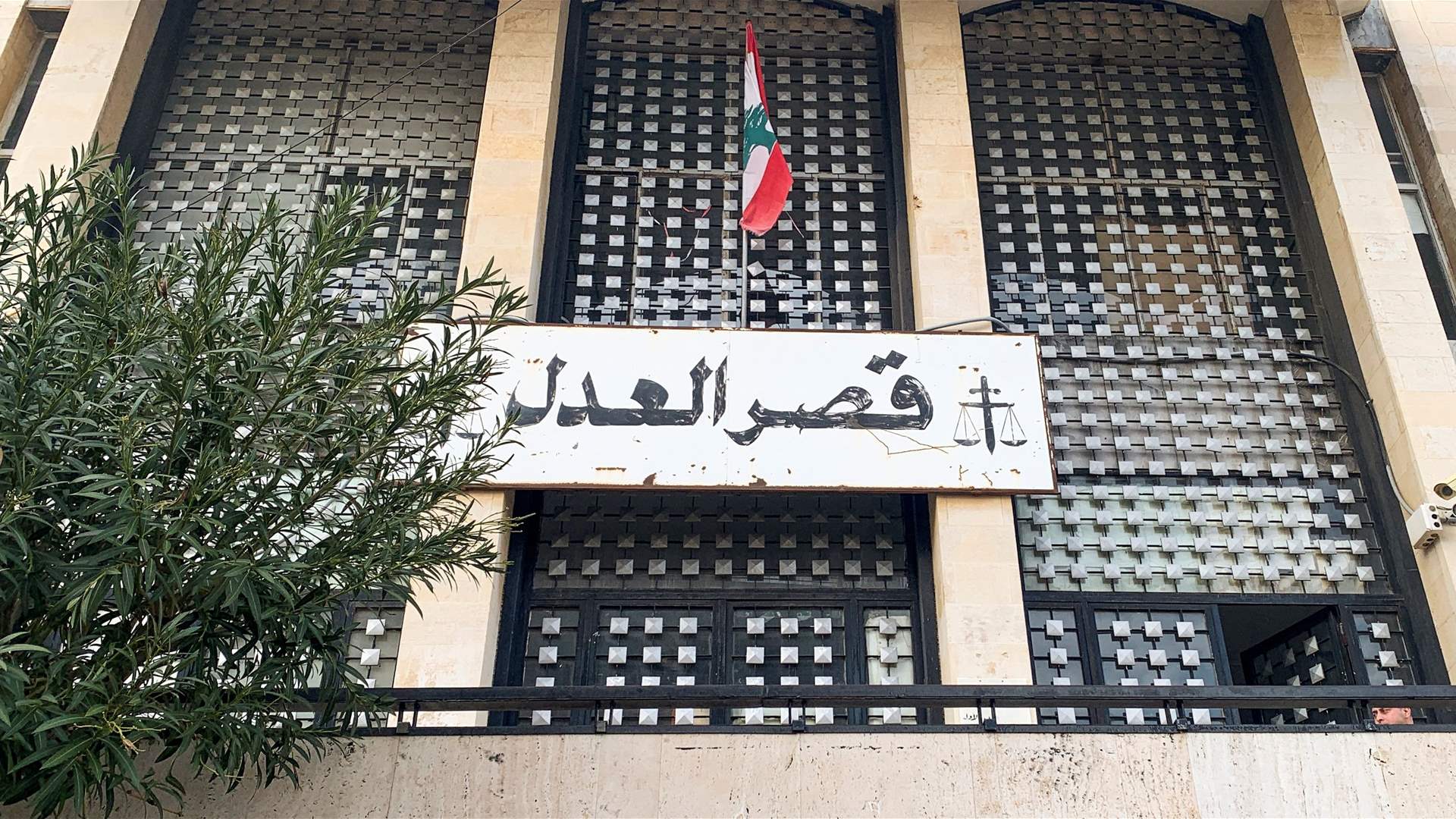On Wednesday, October 4, caretaker Minister of Justice Henri Khoury referred the pro-change Judges’ Club to judicial inspection.
The club’s members would be investigated and, accordingly, punitive measures are to be taken against them.
Previously, Khoury had issued two circulars forbidding judges from speaking through media platforms and in public without prior authorization – a move largely seen as part of the general crackdown on dissenting opinions.
Notably, the Judges’ Club is mostly composed of judges that are independent of traditional political parties. Established in 2018, the club has been battling corruption and struggling for the independence of the judiciary in light of the current state of affairs – one that is riddled with political quotism and lack of accountability.
Background of the decision
The referral to judicial inspection comes under the pretext of the judges’ failure to comply with the ministry’s decision on media appearances.
On Wednesday, the club’s administrative body appeared before judicial inspection and included President Makki – himself referred to inspection three times in the past year – Vice President Paula Haykal, along with six other judges.
News platform L’Orient Today reports that the hearing yielded no results and that no new date has been set for a deeper investigative session.
Constant Clashes with Authorities
The Judges’ Club had begun its opposition to ruling class practices since its establishment in 2018. It played a leading role in supporting the October 17 uprising, challenged authorities’ attempts to overthrow judge Tarek Bitar and remove him from the Port Explosion Investigation file, and stood for depositors’ rights by calling for the enforcement of banks’ obligation to pay them back.
Many have interpreted Khouri’s moves as part of his plans to punish free judicial voices. He is considered by many to be the ruling class’s legal line of defense against attempts to bring authorities to justice.
A Multifaceted Crackdown on Freedoms
The timing of such moves is no coincidence, as they accompany recurrent incitement by political actors against marginalized groups and alternative voices.
The moves also come a few days after attacks by groups of thugs targeted a freedom demonstration in Beirut, a resto-bar in the city of Tyre, and local pubs under pretexts of “preserving sociocultural and traditional values,” which translates on the ground to protecting dominant ruling class power dynamics.
More recently, initiatives against LGBTQIA+ people, refugees, journalists, and now judges have taken increasingly escalatory paces, be it on the level of physical violence or repressive legal action.
Counter-movements by alternative news platforms, political groups and organizers have showcased that they refuse to acquiesce vis-à-vis the current state of affairs, proclaiming that the fight for freedom from oppression continues.


